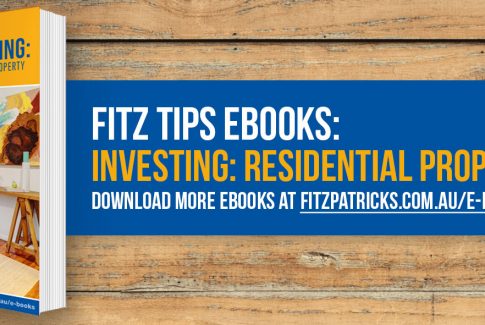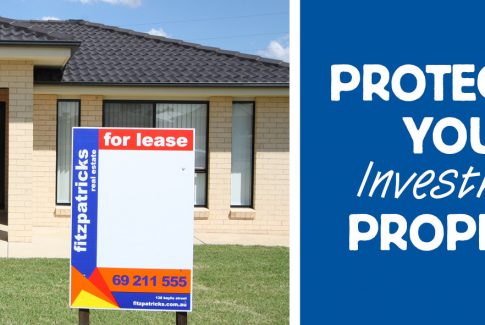
An investment property is often one of the biggest assets a person will own in their lifetime.
Most will agree that the reason for owning an investment property is to increase our wealth and to provide long term security for ourselves and our family.
When owing an investment property we should be working towards two types of returns:
- Long term return or capital gain (increased profit when a property is sold)
- Short term return (annual income/rent received)
However, item (2) expectations will vary depending on the investment structure i.e. negative gearing.
Following in point form is an overview of some areas that you should consider to maximise your short term return:
Choose the right location
Location! Location Location! – will always matter. A good rental property will be easier to rent,
reducing vacancy periods and lost rent. If you are interested in knowing what tenants are looking for when renting a property, feel free to contact our office.
Presentation of the property
A well presented property is more likely to attract a quality long term tenant. Obviously, the more appealing the property, the more rent (short term return) you will achieve.
Preventative maintenance
Attending to the little repairs as they arise will avoid large costly maintenance issues. It is smart financial management to spend $50 on a leaking pipe in a bathroom rather than $550 to replace a water damaged cabinet
Reduce tenancy change overs
Maximising your short term return is not always about achieving the highest rent. Properties that are poorly maintained; attract excessive rents in comparison to the market and a lack of attention to tenant requests and needs, can lead to high tenancy turn overs. Ultimately, this can affect the wear and tear on a property with high tenancy turnovers and increase vacancy periods to find another suitable tenant, costing you money.
Negotiation of rent increases
A good managing agent will implement a minimum of one rent review per year. This generally occurs when a tenant vacates or a tenancy is renewed. In most instances and market permitting, rent should be increased by 5-10% (for well maintained properties).
However, if there has been a long term tenant and if the rental market is slow, sometimes negotiating or wavering rental increases to retain the tenant can increase your short term return. If the tenant vacates, this could lead to a vacancy period to secure another tenant resulting in weekly lost rent.
Maximising your rental return is about caring for your property and the tenant.









